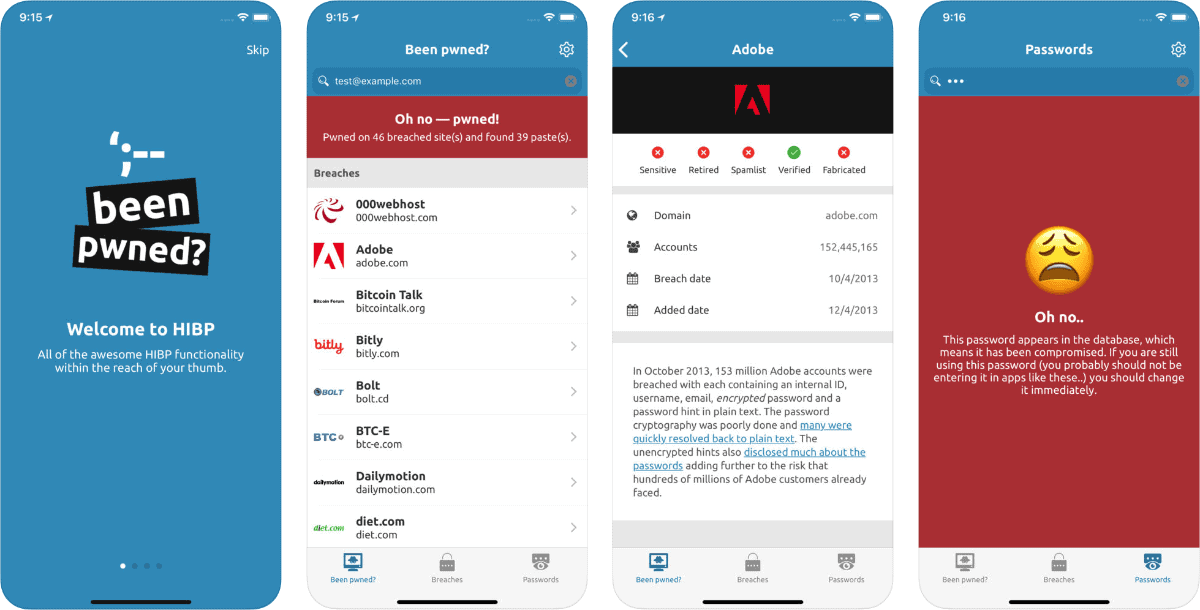Take this with a grain of salt because this tweet is all I’ve seen about this. But David Ruddock of AndroidPolice mentioned a Google investigation trying to determine if certain types of fingerprint sensors are secure.
Another CES Story: I’ve heard Google is currently investigating whether current optical fingerprint sensor designs are secure enough to be used for TrustZone auth (mobile payments, banking apps, etc). There is real concern optical FPRs may be too easy to spoof.
Although facial recognition came to Android first, it was there for convenience as a way to unlock your device. But Apple added it for security, and it looks like they bet on the right horse.






